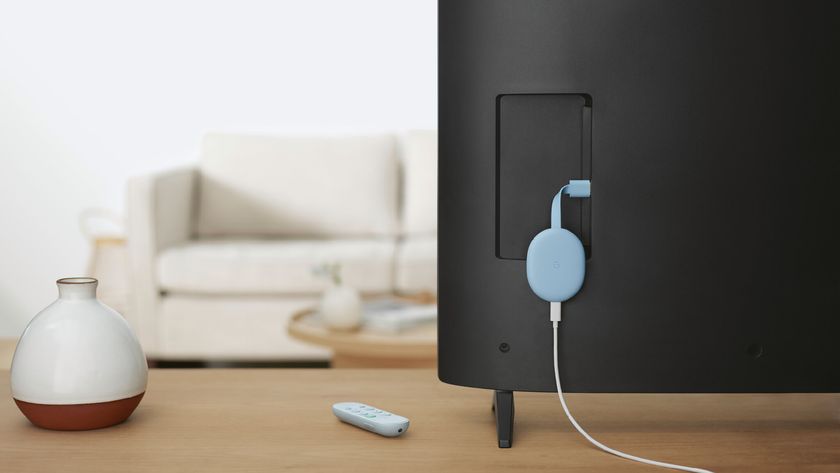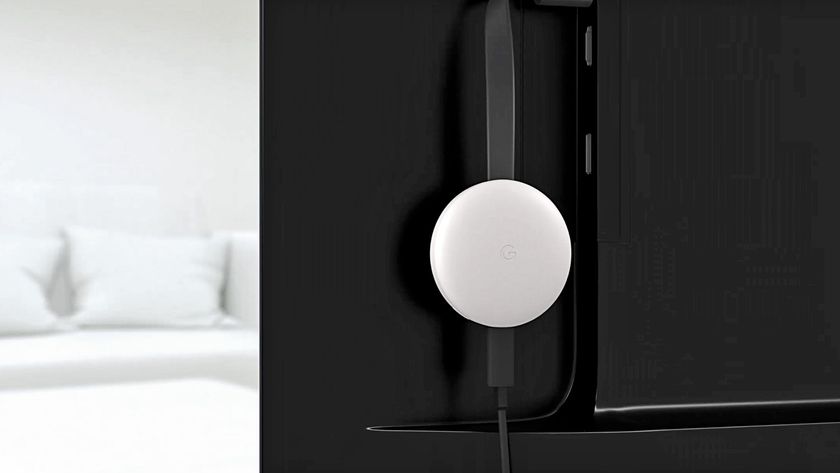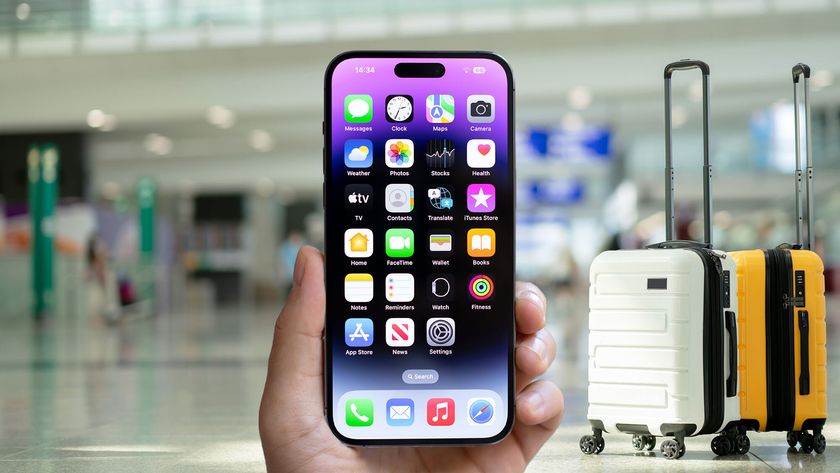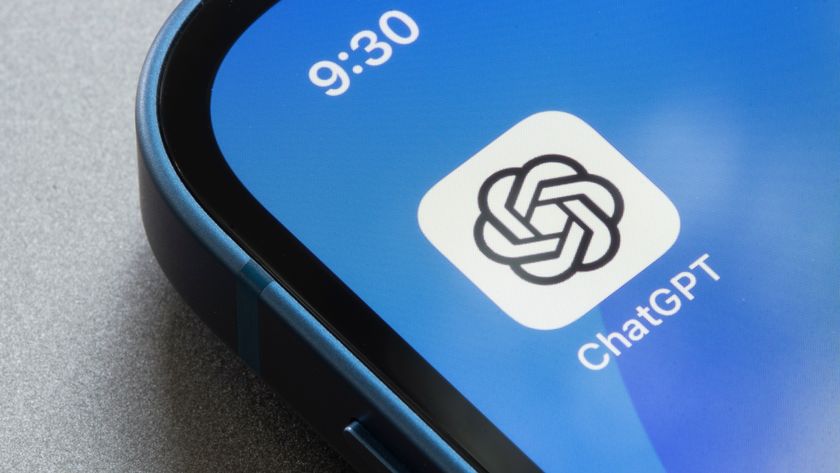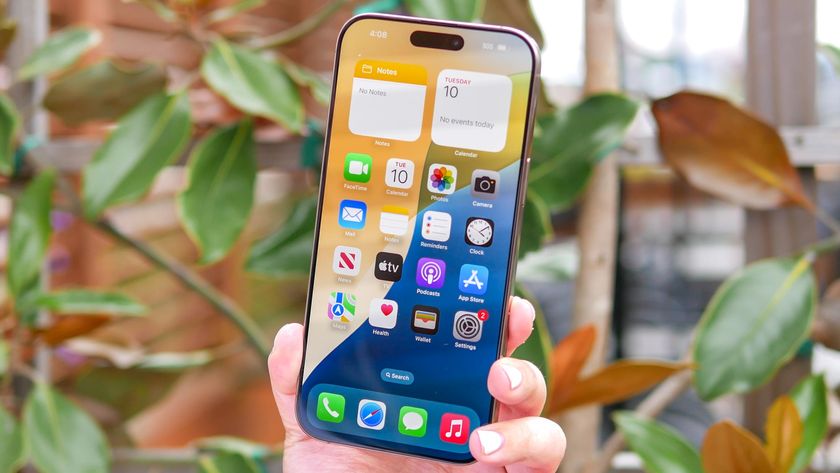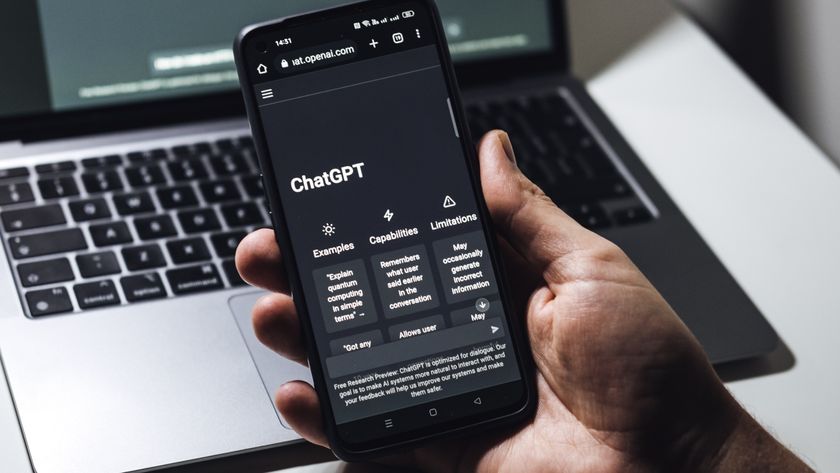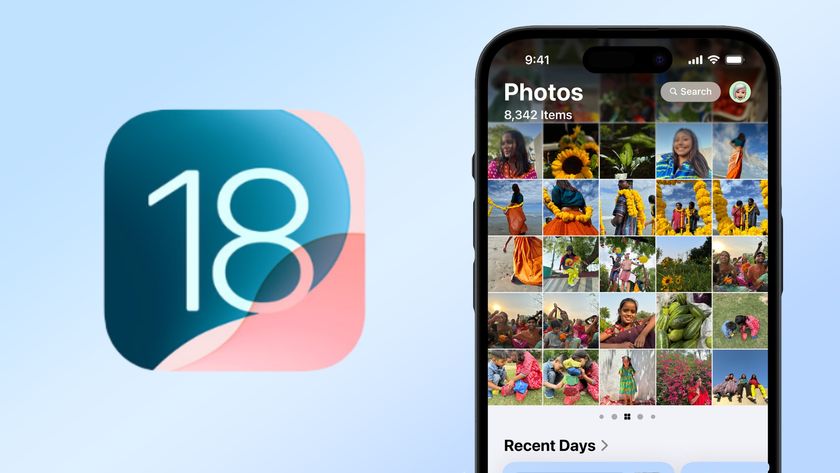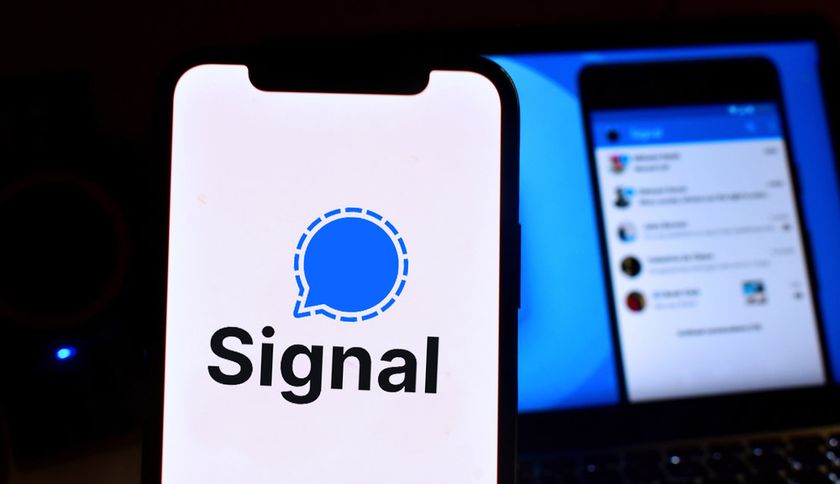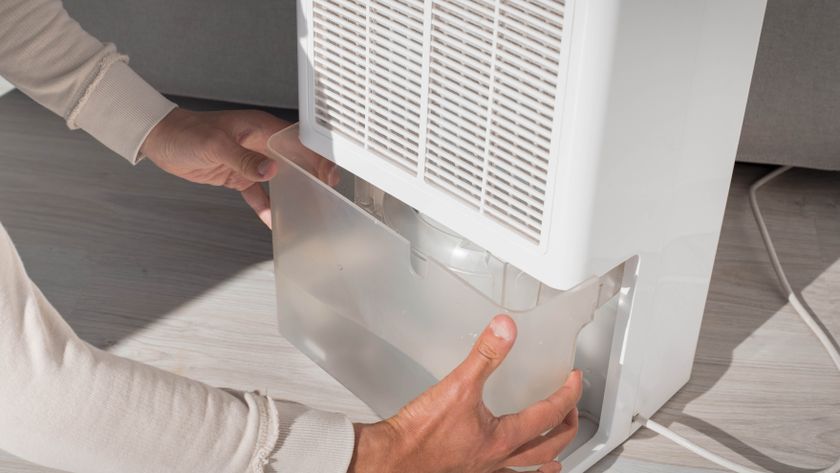Chromecast or Google Home Killing Your Wi-Fi? Here's How to Fix It
Your Google Home or Chromecast device may be causing your Wi-Fi connection to stop working. Here's what you need to do.
Did you recently get a Google Home Max, Home Mini, or some other Chromecast device, and now your Wi-Fi isn't working? It could be due to a unique quirk with Chromecast-enabled devices, which send too much data at once, which causes the router to crash.
According to TP-Link, Google's Chromecast devices send MDNS packets to discover and maintain a connection to other devices, such as the Google Home. Normally, these packets are sent in 20-second intervals, but it appears that when one of Google's gadgets wakes from sleep, it sends a massive number of these packets all at once, which overloads the router and causes it to crash.
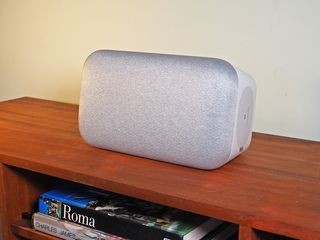
Currently, it appears that TP-Link routers—the Archer C7, in particular—are the most susceptible to this problem, which was first reported by Android Police. Fortunately, TP-Link has already issued a patch, which can be downloaded here.
Google also told 9to5Google that it is also working on a fix. In the meantime, if you find that your router is crashing, unplug your Google device, and make sure your router's firmware is up to date.
UPDATE (1/17): Google released this statement in a Chromecast support forum: "The team has identified the issue and is actively releasing a fix, which will start rolling out via a Google Play services update this Thursday, January 18. ln the meantime, try rebooting your Android phone, and check that your Wi-Fi router is running the most recent firmware version."
Updating your router's firmware is also important for making sure that it's protected against security holes and other threats. Here's our guide for updating the firmware for Amped, Asus, D-Link, Google, Linksys, Netgear, and TP-Link routers.
- Help Modem vs. Router: How They're Different and What They Do
- Best Wireless Router - Routers for Strong, Long Range Wi-Fi
- What Is a Mesh Wi-Fi Router, and Do You Need One?
Sign up to get the BEST of Tom's Guide direct to your inbox.
Get instant access to breaking news, the hottest reviews, great deals and helpful tips.

Michael A. Prospero is the U.S. Editor-in-Chief for Tom’s Guide. He oversees all evergreen content and oversees the Homes, Smart Home, and Fitness/Wearables categories for the site. In his spare time, he also tests out the latest drones, electric scooters, and smart home gadgets, such as video doorbells. Before his tenure at Tom's Guide, he was the Reviews Editor for Laptop Magazine, a reporter at Fast Company, the Times of Trenton, and, many eons back, an intern at George magazine. He received his undergraduate degree from Boston College, where he worked on the campus newspaper The Heights, and then attended the Columbia University school of Journalism. When he’s not testing out the latest running watch, electric scooter, or skiing or training for a marathon, he’s probably using the latest sous vide machine, smoker, or pizza oven, to the delight — or chagrin — of his family.
-
isamuelson Anyone have any idea if possibly Amazon's devices could be doing the same thing? We were experiencing this same issue and at first thought it was the router, so we went and got a new one but still had the same issue. I do have a Google Chromecast, but it wasn't plugged in (HDMI nor power chord), but my daughter recently got an Amazon Echo Dot. She had been using it for a week at home with no issues, but then after New Years day, our router would start disconnecting over the WiFi (anything hooked up to it via a cable was fine). Just curious. Since she went back to school at college, the problem seems to have gone away.Reply -
sambonesjones I am wondering the same thing about the Amazon devices. I have an Echo and an Echo dot. They worked fine with my wifi for months but lately my wifi seems to have gotten a unreliable. I have 2 Chromecast, but neither has been plugged in for sometime.Reply -
najibs This article doesn't make sense. The article says the TP Link Archer C7 (AC1750)is affected, but the patch link provided is for the AC1200 router. So, which one is it? The latest firmware for the Archer C7 is from July 2017, according to the TP link site.Reply -
jowilhnson All these articles are a bit misleading, or leave out the basic info that it seems to be the apps used to cast to the google devices, not the devices themselves, that are sending out so many mDNS packets they are choking routers. Specifically it appears to be apps on Android 7/8, that normally sent a query every 20 seconds, but when waking after being suspended, send all the packets they didn't while 'asleep', which can add up pretty fast.Reply
If this is the case, and it seems to be the accepted explanation, I don't see how unplugging your chromecast or Home is going to solve anything. The android apps are still going to search your network for devices to cast to. I could also see how you could have issues without any Google devices, if you using the YouTube, Google Play Music, or other google apps with casting enabled. Seems like disabling the ability to cast on your Android devices, or in the apps would be the real (temporary) solution until Google updates them.
